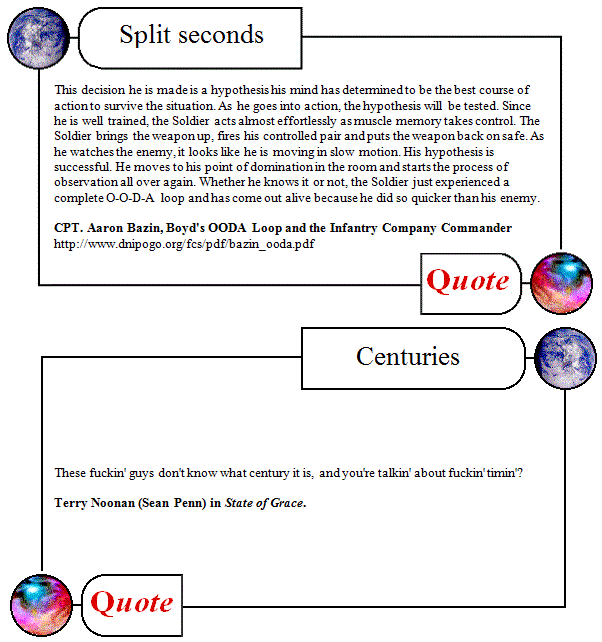A post on ambition at another blog (in 2010) , which included a range of quotations on the subject, inspired me to think that I might be able to write an interesting essay on the topic of ambition in Goethe’s Faust. This post is a stab at such an essay.
The word “Faustian” is frequently used in books, articles, blog posts, etc on all sorts of topics. I think the image that most people have of Faust is of a man who sold his soul to the devil in exchange for dangerous knowledge: sort of a mad-scientist type. This may be true of earlier versions of the Faust legend, but I think it’s a misreading (or more likely a non-reading) of Goethe’s definitive version.
Faust, at the time when the devil first appears to him, has devoted his entire life to the pursuit of knowledgein many different scholarly disciplinesand is totally frustrated and in despair about the whole thing. It is precisely the desire to do something other than to pursue abstract knowledge that leads him to engage in his fateful bargain with Mephistopheles.
If it’s not the pursuit of abstract knowledge, then what ambition drives Faust to sell his soul? C S Lewis suggests that his motivations are entirely practical: he wants “gold and guns and girls.” This is partly true, but is by no means the whole story.
Certainly, Faust does like girls. Very early in the play, he encounters a young woman who strikes his fancy:
FAUST: My fair young lady, may I make free
To offer you my arm and company?
GRETCHEN: I’m neither fair nor lady, pray
Can unescorted find my way
FAUST: God, what a lovely child! I swear
I’ve never seen the like of her
She is so dutiful and pure
Yet not without a pert allure
Her rosy lip, her cheek aglow
I never shall forget, I know
Her glance’s timid downward dart
Is graven deeply in my heart!
But how she was so short with me
That was consummate ecstasy!
Immediately following this meeting, Faust demands Mephisto’s magical assistance in the seduction of Gretchen. It’s noteworthy that he insists on this help despite the facts that (a)he brags to the devil that he is perfectly capable of seducing a girl like Gretchen on his own, without any diabolical assistance, and (b)a big part of Gretchen’s appeal is clearly that she seems so difficult to wina difficulty that will be short-circuited by Mephisto’s help.
Mephisto, of course, complies with Faust’s demand…this devil honors his contracts…and Faust’s seduction of Gretchen leads directly to the deaths of her mother, her child by Faust, her brother, and to Gretchen’s own execution.
Diabolical magic also allows Faust to meet Helen of Troy (time and space are quite fluid in this play) whom he marries and impregnates, resulting in the birth of their child Euphorion.
So, per Lewis, yes, Faust is definitely motivated by the pursuit of women. But this is only a small part of the complex structure of ambition that Goethe has given his protagonist.
Read more


